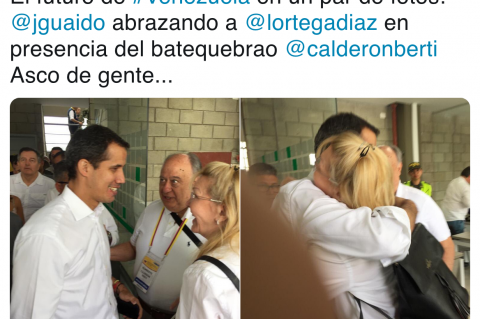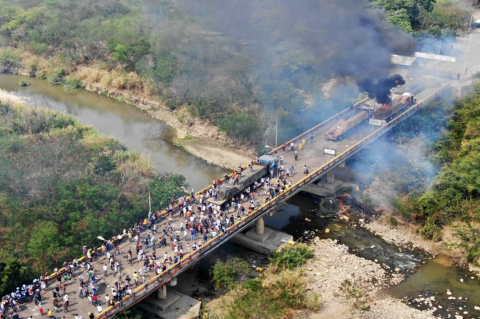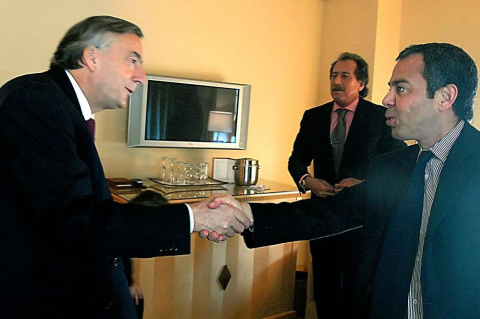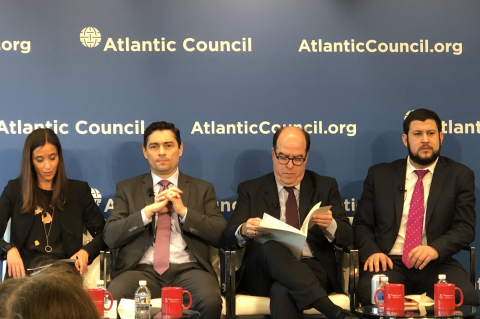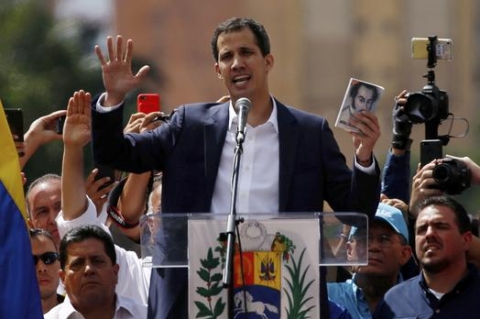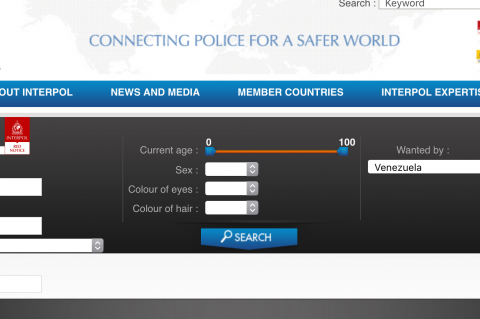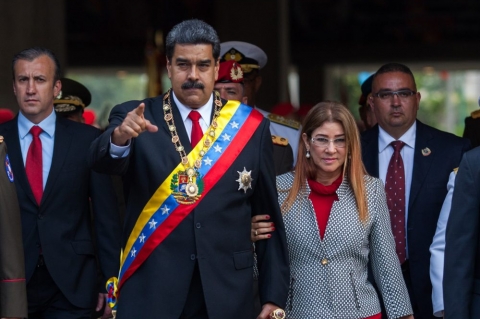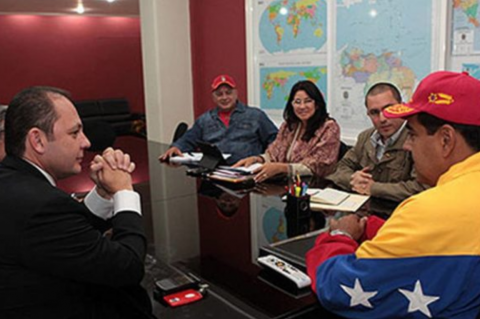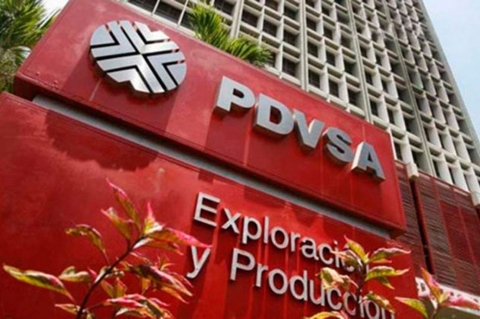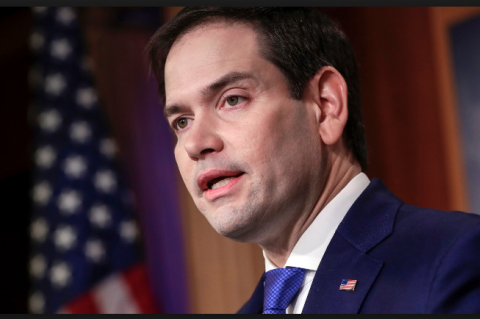#VamosBien... Really?
Hugo Chavez used to rule through TV screens. Never one for orthodoxy, the putschist's command of telecasts was legendary. He rose to power thanks to his "por ahora" speech in 1992, calling rebel armed forces to surrender, and once in power, he commandeered airwaves like no one had ever done before, or since. Nicolas Maduro doesn't have that gift, his public addresses are very disagreable events. And then Venezuela has produced another first in Juan Guaidó: government by hashtag.

